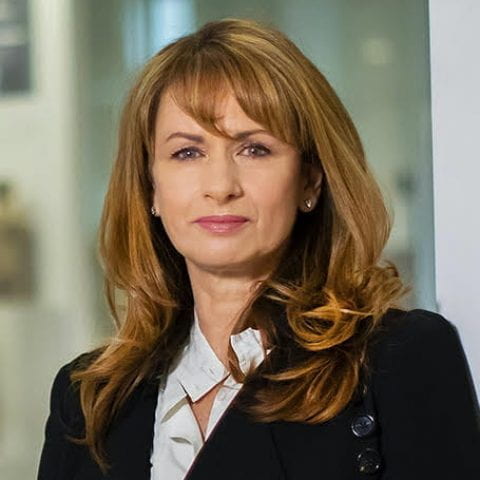“Imperialism, Internationalism, and Archaeology in the Un/Making of the Middle East”

165 McGraw Hall
An A.D. White Professors-at-Large keynote public event
Open to all.
Cosponsored by the departments of Anthropology; History of Art and Visual Studies; Near Eastern Studies; Classics; and the Cornell Institute of Archaeology and Material Studies (CIAMS).
ABSTRACT: Archaeological materialities and imaginaries have been deeply entwined in colonial rivalries and struggles for self-determination that have lasting legacies across the Middle East. Neo-imperial ambitions and conflict over territory, religion, oil, and antiquities have similarly been accompanied by heritage claims and the rhetoric of high cultural humanism. Throughout the 20th century, foreign occupation and military adventurism emboldened archaeological elites including Hogarth, Kenyon, Lawrence, Woolley, and Bell to implement expansive new designs for a one world archaeology. Whether situated in London or Jerusalem, Western archaeologists were instrumental in the colonial carve up that extended to historical sites, concessions, collections, and even the creation of new states, often working through international agencies such as the League of Nations and UNESCO under a banner of salvage and uplift. The connected histories of archaeology, espionage and the end of empire have cast a long shadow, prompting deeper analysis into our role as participants and beneficiaries. It is thus timely to reconsider disciplinary histories and interventions: from the colonial era, two World Wars, to recent regional conflicts with the attendant international responses — and to interrogate archaeology’s century-old ambitions and practices that are replicated in new technics of “oversight.”
Lynn Meskell is a world-renowned archaeologist and anthropologist whose work has transformed thinking on the way human society is shaped by a material world of bodies, places, things, and the ruins of the past. She is a recognized leader in fields that range from the archaeology of Egypt and Neolithic Anatolia to the ethnographic study of global heritage institutions. Her work thus moves easily across multiple fields of study, drawing together an interest in human lives and material assemblages to define new areas of investigation from social archaeology to heritage ethics and archaeological ethnography.
Her most current work explores World Heritage sites in India, especially how heritage bureaucracies interact with the needs of living communities, and the implications of archaeological research for wider contemporary challenges of heritage, national sovereignty, and multilateral diplomacy. Her landmark institutional ethnography of UNESCO World Heritage, A Future in Ruins: UNESCO, World Heritage and the Dream of Peace (Oxford University Press, 2018) – awarded the 2019 Best Book Award from the Society for American Archaeology – rereads the politics of preservation in relation to international history and global practices of governance and sovereignty.
Meskell’s other books include The Nature of Heritage: The New South Africa (Blackwell, 2012); Object Worlds in Ancient Egypt: Material Biographies Past and Present (Berg, 2004); Private Life in New Kingdom Egypt (Princeton, 2002); and Archaeologies of Social Life: Age, Sex, Class Etcetera in Ancient Egypt (Blackwell 1999). She is the founding editor of the Journal of Social Archaeology.
She holds Honorary Professorships at Oxford University and Liverpool University in the UK and the University of the Witwatersrand, South Africa. Previously, Meskell was the Shirley and Leonard Ely Professor of Humanities and Sciences in the Department of Anthropology at Stanford University. She is a Fellow of the Australian Academy of the Humanities.


